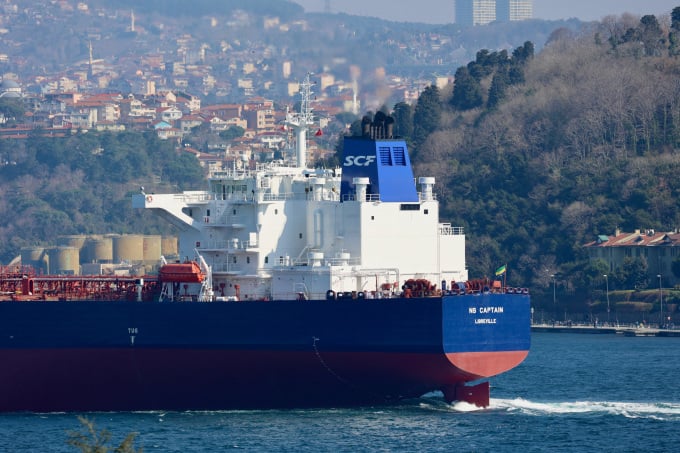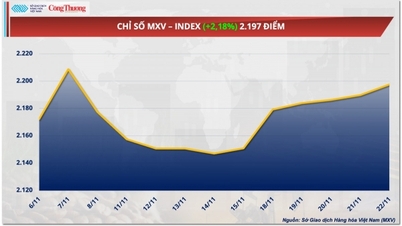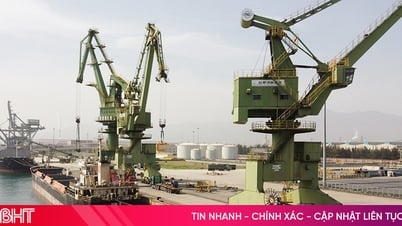Russian companies have to wait months to get paid for oil sales, as banks are wary of US secondary sanctions.
Some banks in China, the UAE and Turkey have stepped up their demands to comply with U.S. sanctions in recent weeks, leading to delays or even rejections of payments for Russian crude, eight banking and trading sources told Reuters .
Specifically, banks require buyers of Russian crude oil to provide a written commitment that no individual or organization participating in or benefiting from this transaction is on the US Special Designated Nationals (SDN) list.
The SDN is a list published by the US government of individuals and organizations with which the country prohibits or restricts business transactions. Financial institutions are often required to comply with the SDN to avoid violating US legal regulations and sanctions.

The NS Captain crude oil tanker owned by Russia's Sovcomflot tanker group passes through the Bosphorus Strait in Istanbul, Turkey on February 22. Photo: Reuters
In the UAE, First Abu Dhabi Bank (FAB) and Dubai Islamic Bank (DIB) have suspended some accounts linked to Russian commodity trading. Meanwhile, Mashreq Bank (UAE), Ziraat and Vakifbank (Turkey), ICBC and Bank of China (China) are still processing transactions but it takes weeks or months.
Sources said payments were delayed by two to three weeks, and even up to two months. "Things are getting difficult, not even with dollar transactions. Sometimes it takes weeks for a direct yuan-rouble transaction to be cleared," said one trader.
Kremlin spokesman Dmitry Peskov confirmed that the problem of delayed payments by Chinese banks still exists. According to him, the US and the European Union are maintaining unprecedented pressure on China. "Of course, this creates certain problems, but it is not an obstacle to the further development of our economic and trade relations," Peskov said.
The West imposed a series of sanctions on Russia following the Ukraine conflict in February 2022. Trading in Russian oil remains legal as long as it is below the $60 per barrel ceiling it imposed.
Russian oil exports were disrupted in the first months after the conflict, but normalized as Moscow shifted sales to Asian and African customers. But by December 2023, collecting oil sales began to become more difficult as banks and companies realized the threat of secondary US sanctions was real.
This follows a move by the US Treasury Department on December 22, warning that it could impose sanctions on foreign banks for evading Russia’s oil price cap and calling for increased compliance.
At the behest of the US, Chinese, UAE and Turkish banks that work with Russia have stepped up scrutiny, begun demanding more documentation and trained more staff to ensure oil transactions comply with the price cap.
They also require both parties to the transaction to provide additional documentation, including details of ownership of all companies involved in the transaction, and data on individuals controlling the parties to the transaction so that the bank can check whether they are on the SDN list.
Phien An ( Reuters )
Source link






![[Photo] Prime Minister Pham Minh Chinh chairs conference on anti-smuggling, trade fraud, and counterfeit goods](https://vphoto.vietnam.vn/thumb/1200x675/vietnam/resource/IMAGE/2025/5/14/6cd67667e99e4248b7d4f587fd21e37c)





























































































Comment (0)